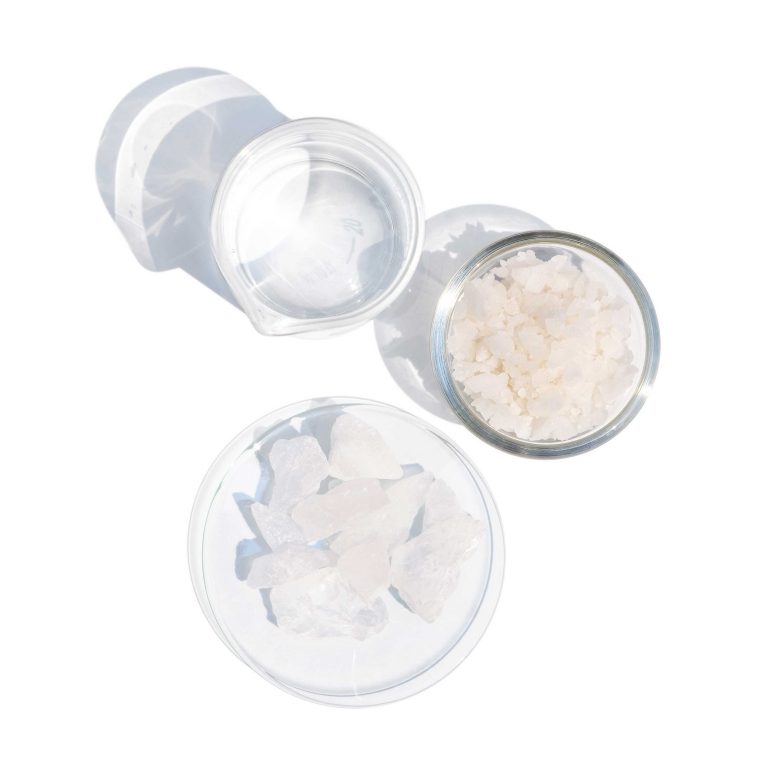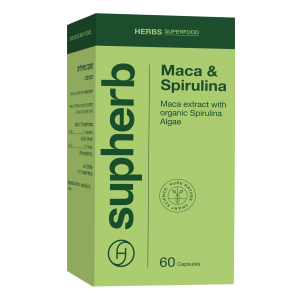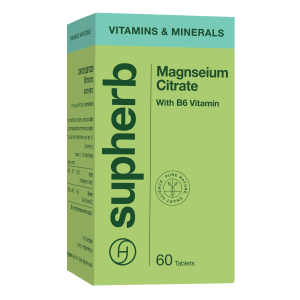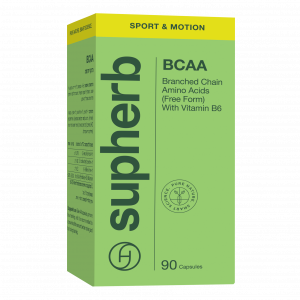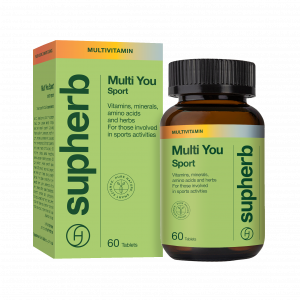- Home
- sport and motion
- Improving Athletic Performance
Improving Athletic Performance
- Eating right before and after exercise is important and is an inseparable part of the way to achieve our goals, whether they’re improving our performance, increasing muscle mass or toning.
- The type of carbs is important and meaningful since some of them break down quicker than other, so we’d like to carefully choose the type of carb and when we eat them.
- Eating correctly after practice contribute to muscle mass, regenerating our glycogen reserves and helps us better recover between practices.
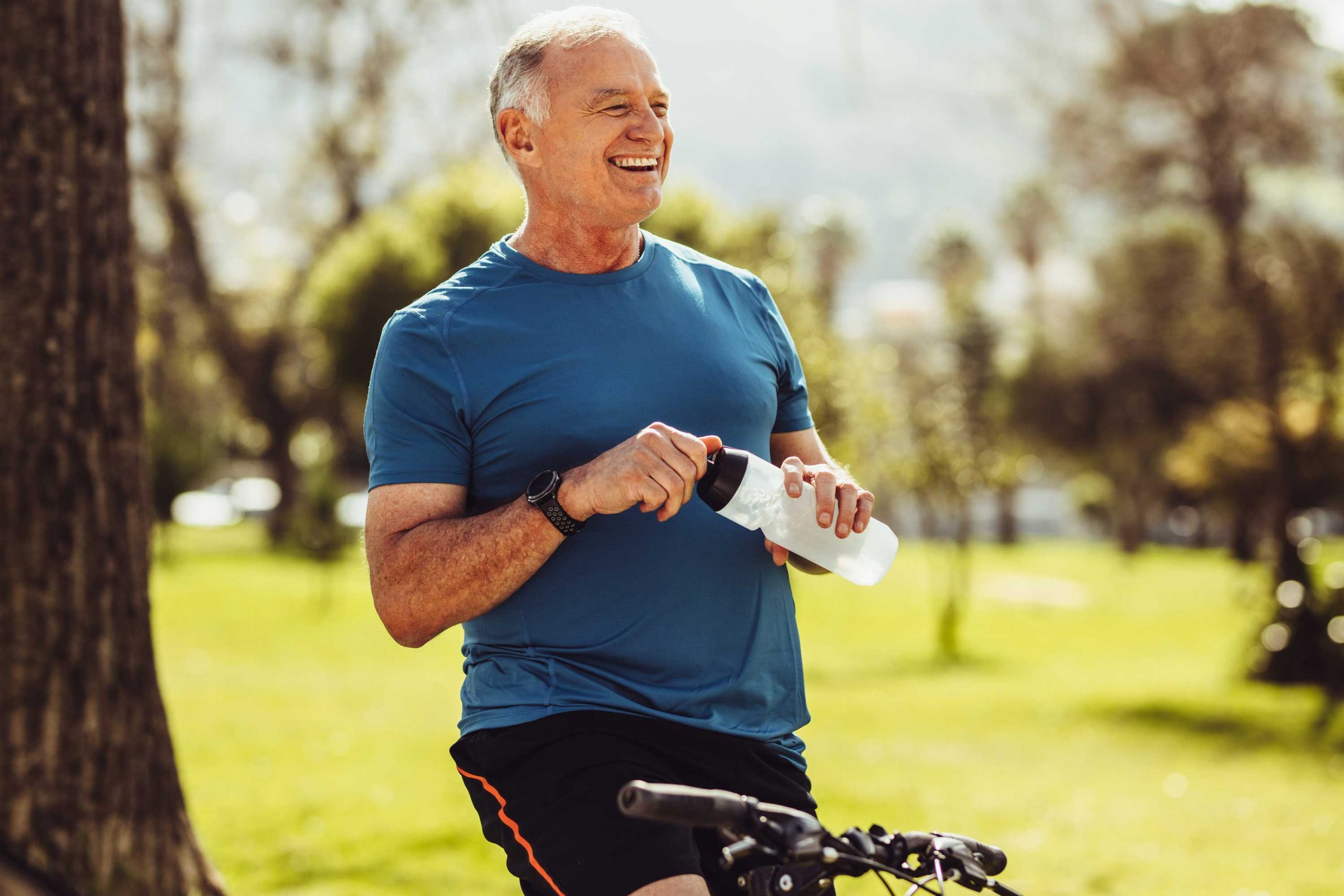
We train for different reasons, some of us are athletes who want to perform better, others just want to get in shape for a better lifestyle and some of us are looking to lose weight. but we all have one thing in common, we have to move our bodies in the optimal way in order for the exercise to be effective.
Our body is a state-of-the-art machine, if we only know how to feed it the right components at the right time, we’d be able to do better and reach goals more easily. So, if you also want to train more effectively, a body that can recover from balanced exercise quicker and also see results, you should know that your diet plays a central role in it and can lead to a big change. What should you eat and when? Keep reading.
Diet and physical exercise
Our diet plays a crucial role, not only in toning our bodies but also making our metabolism processes mire effective by increasing muscle mass and preventing weakness while exercising. In addition, a balanced diet also helps the body recover more quickly and easily after practice.
A planned-out diet is important not only for Olympic athletes but also for us, those working out, who do it only for losing weight, build muscles, compete or even just for our general health.
Why is it important to eat before a physical activity?
The body is stressed during practice and it recovers in the hours following it; correct and ordered eating before exercise makes it considerably more efficient.
What’s the best time to eat before practice?
You should eat 2-4 hours before practice. This will help increase the glycogen levels in your muscles and liver and improve your physical performance.
What are the best foods to eat before practice?
The preferred food group before training is carbs, since our body uses energy both from the glycogen reserves in our body (liver and muscle) and from the food eat before the physical activity.
Carbohydrates – just a taste
Simple carbs are the sugars you usually find in food such as sugar, chocolate, cookies, honey, jam, fruits etc. these carbs are quickly absorbed in the intestines, which is why they elevate blood sugar levels. The downside of simple carbs is this quick and high level of blood glucose also plummets quickly, which is why it’s ineffective for a long and strenuous exercise.
Another type of carbs are complex ones, among them are legumes, yams, rice, corn and whole bread. These carbs are made out of starches built out of glucose chains as well as nutritional fibers. Digesting these foods is a long process and the sugar absorption, as well as releasing it to the bloodstream, is slower and the blood sugar levels don’t increase at once but more moderately, allowing for an energetic support for longer.
Should I eat or drink during exercise?
There’s no need to eat or drink during a short practice, about an hour or two, considering we’ve made sure to drink and eat a meal with carbs about 3-4 hours before practice, and fill up our glycogen reserves. However, in longer practices, which last over an hour in medium intensity and over, consuming carbs can benefit you and even delay fatigue, allowing you to train more vigorously.
Which food or drink should you consume during exercise?
The preferred choice is once again carbs, only now we’d prefer to consume medium-high glycemic index ones, since they have to quickly raise the blood sugar levels and reach the muscles. You can take them in solids or as a drink, with the drink having the advantage of providing both fluids and energy. The exercise time drinks can be prepared at home in advance (mix 200ml of fruit juice with 800ml of water and add 1g of salt).
Post-exercise meal
The main goal of the post-exercise meal is to support an optimal recovery, restore glycogen reserves, encourage muscle building and enhance physical performance.
What is a “window of opportunity” meal?
The term “window of opportunity” describes a short span in which the metabolism pace of muscle building is very high, and therefore the post-exercise meal is just as important as the one before the exercise. The window of opportunity is when you should eat after exercising, which lasts for two hours of completing the exercise.
When timing the meal correctly and wisely incorporating nutritional components such as protein and carbs, the result is replenishing the glycogen reserves and building the muscle quicker, allowing it to also recover faster and giving you the option of performing another high intensity exercise session without feeling muscle pain or weakness in a relatively short time. This shows that eating during a metabolic stage is an integral part of improving your physical fitness.
Replenishing glycogen reserves
The meal allows you to replenish the glycogen reserves after practice, which depleted during the exercise. Therefore, it’s best to eat high glycemic index carbs right after the exercise, such as dates, raisins, figs, beets, carrots, pumpkin, rice, etc. as opposed to the claims that you should only eat protein.
Muscle building – how much protein do you need and what kind?
The recommended amount of protein is 0.8g for each bodyweight kg.
The protein requirement for athletes is higher. Endurance athletes that that practice long distance running need 1.4g of protein per bodily kg, while athletes that engage in resistance and power training need 1.7g. High protein foods are meat, fish, dairy and soy products. Incorporating whole wheat and legumes will also give the body its essential amino acids and are considered a whole protein.
What you choose to eat before training, during it and after, as well as their timing, will influence your performance, strength and endurance. A carefully planned nutrition will help you conquer new goals and destinations.
Good luck!





